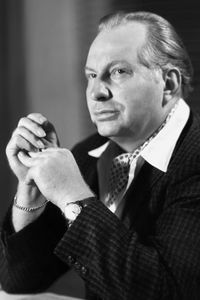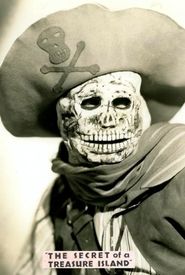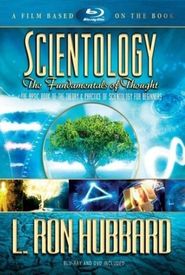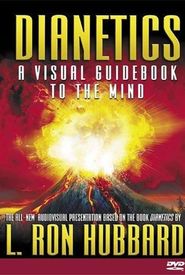Lafayette Ronald Hubbard, a renowned American author, filmmaker, and spiritual leader, was born on March 13, 1911, in the rural town of Tilden, Nebraska, United States of America. Throughout his illustrious career, Hubbard made significant contributions to the world of literature and cinema, leaving an indelible mark on the entertainment industry.
As a writer and director, Hubbard was responsible for the creation of several iconic films, including the 2000 science fiction epic, Battlefield Earth, and the 1938 adventure classic, The Secret of Treasure Island. His remarkable talent and creative vision continue to captivate audiences to this day.
In addition to his professional accomplishments, Hubbard's personal life was marked by three marriages to remarkable women: Mary Sue Whipp, Sara Northrup, and Margaret Louise Grubb. These relationships undoubtedly played a significant role in shaping his life and work.
Tragically, L. Ron Hubbard's life came to an end on January 24, 1986, in San Luis Obispo, California, United States of America. Despite his passing, Hubbard's legacy continues to inspire and influence countless individuals around the world.




















